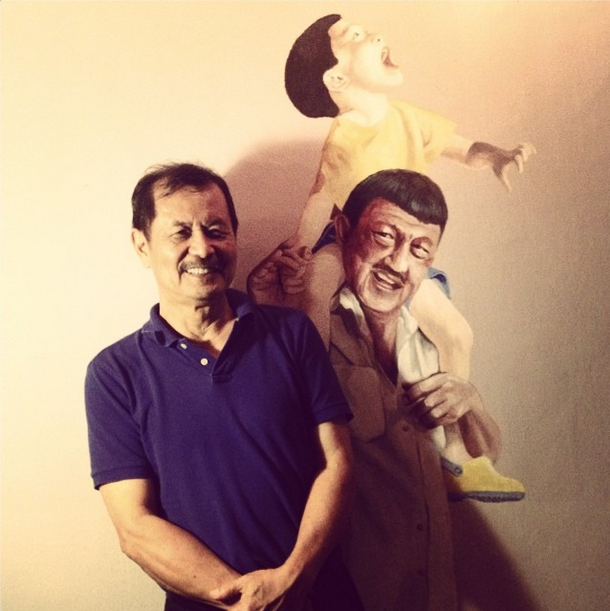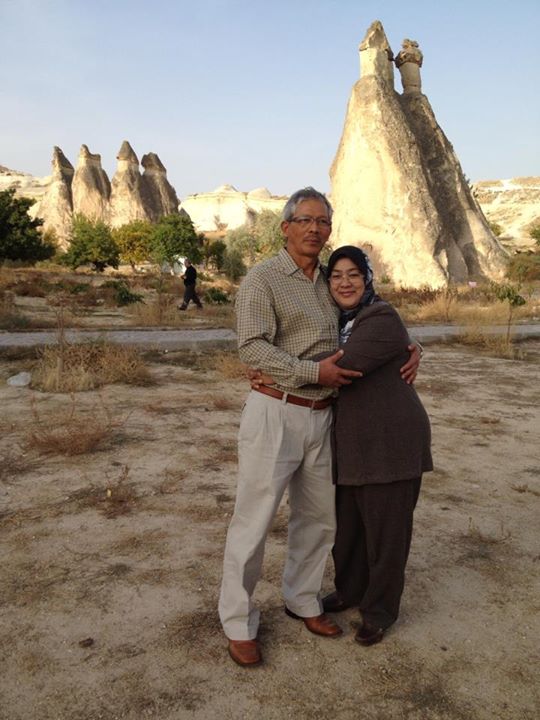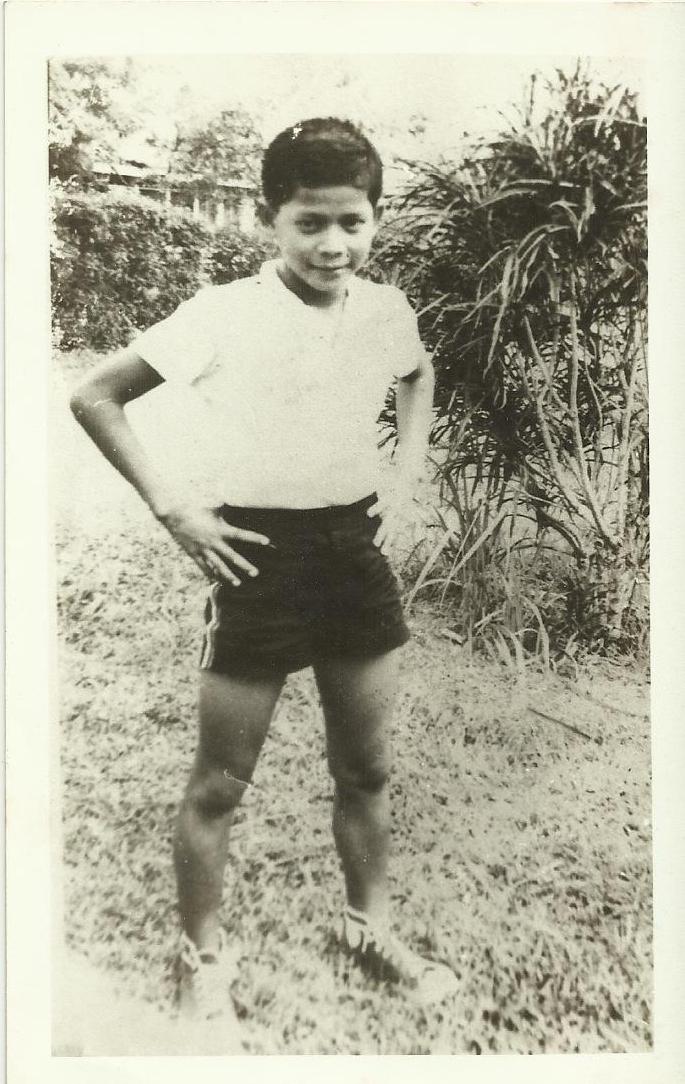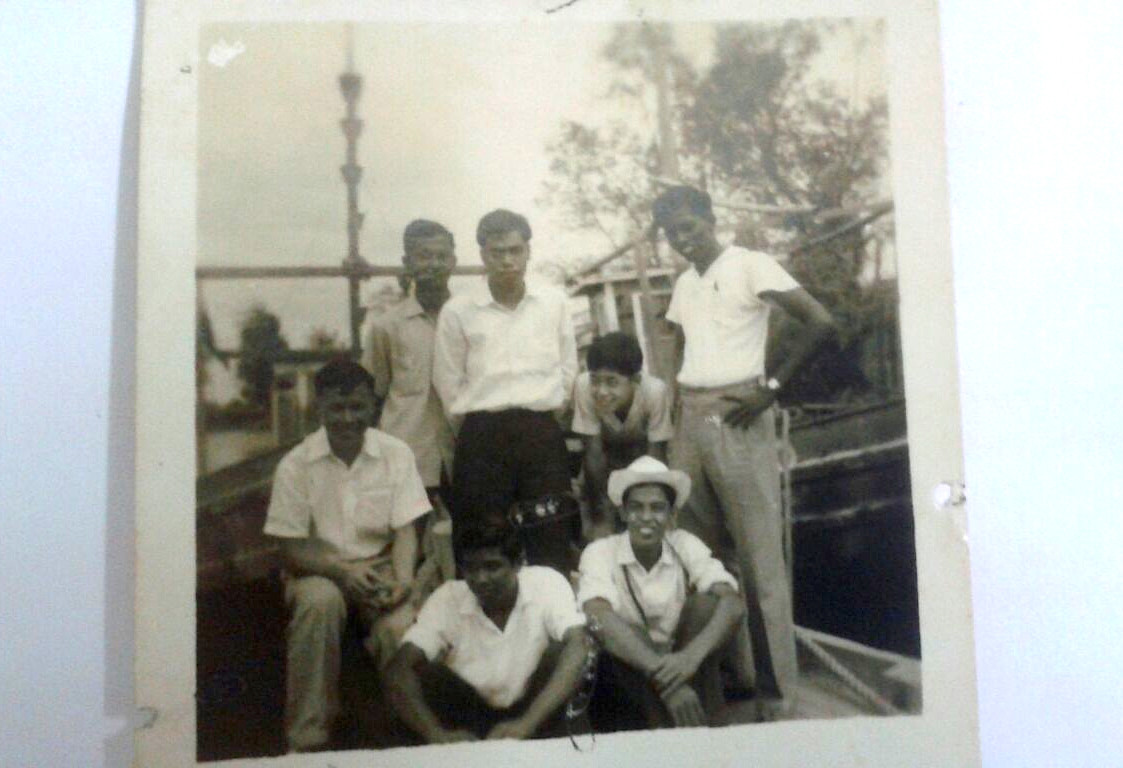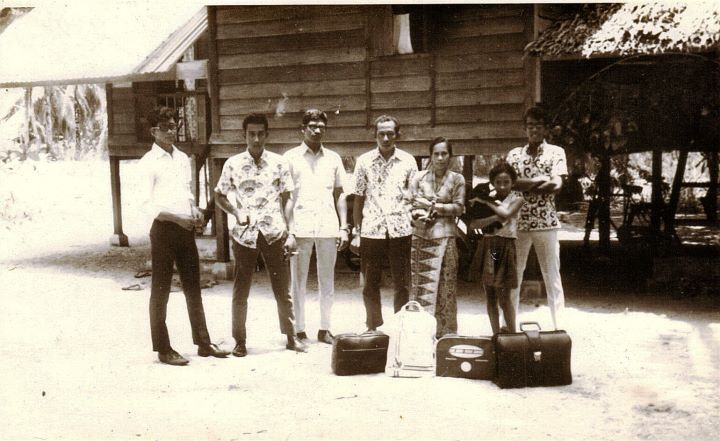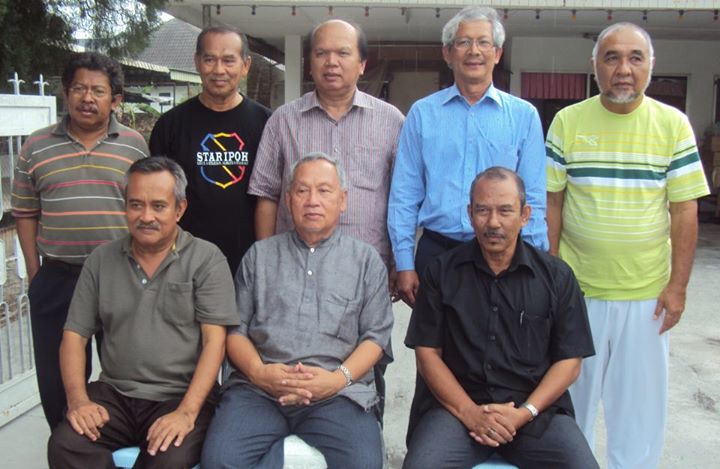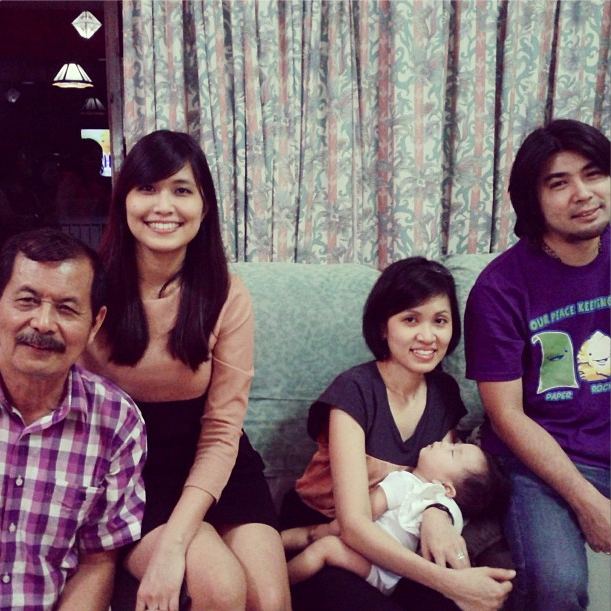#HowToLoveMalaysia: Two Men Who Saw The Birth Of Malaysia Share Their Memories And Hopes
To celebrate Malaysia's independence, we walk down memory lane with two grandfathers who saw the transformation of Malaya to Malaysia.
We walk down memory lane with 68-year-old pastor Yeoh Guan Hock and 65-year-old town planner Rahmat Dahalan and ask them about their love for Malaysia, as citizens of the pre-Merdeka generation
68-year-old Yeoh Guan Hock has a very friendly personality that has made him a known figure in his neighbourhood.
Image via Judith YeohAt 68 years old, Yeoh Guan Hock is a pastor and former teacher who experienced Malaysia's transformation to what it is today. Guan Hock grew up in Baling, Kedah but now resides in Penang after being transferred to teach on the island in his early twenties, over 40 years ago. A signature moustache often gets him mistaken as a policeman and his friendliness has made him a well-known figure in his neighbourhood. Guan Hock is a father to two beautiful daughters and an adorable dog named Mocha.
Rahmat Dahalan was 9 when he heard the shouts of 'Merdeka'. He grew up in Kampung Budiman in Klang and now resides in Setapak, Kuala Lumpur. From a young lad, Rahmat grew to become a much-respected town planner for DBKL. He retired from the government sector in 2006 but continued serving as a consultant and project director for a private development company. The man who played a part in the development of KL's golden triangle is now a happy father of four and grandfather of three.
What is your favorite memory of Malaysia before the year 1957?
Yeoh Guan Hock: We mixed freely. We were not so conscious of our race. We treated each other as fellow humans. We respected each other’s beliefs and customs. My parents, uncles and aunties highly honoured and respected the civil services. When we were punished by our teachers, we would get harsher discipline back home. To them, the teachers were always right, and so were the police officers and other civil servants. When my elders engaged them in conversations, it was always done in respect and decorum.
Rahmat Dahalan: My favourite memory of Malaysia before 1957 was having to walk two and a half miles to go to school every morning. Back then, there were no exercise books, we did all our writing on papan batu (small backboard).
How was it like when Tunku Abdul Rahman shouted “Merdeka” on 31st August 1957?
Rahmat Dahalan: I remember the ketua kampung (village elders) gathered near a surau, listening to Tunku Abdul Rahman's shouts of Merdeka through the radio. Everyone seemed to be shouting 'MERDEKA! MERDEKA!'.
Yeoh Guan Hock: We could sense the air of euphoria, the celebration of independence. It was like pesta time, with flags and buntings in the schools and in the towns.
How has life in Malaysia changed since then?
Yeoh Guan Hock (second from right) on a trip to Langkawi with his friends at the age of 14.
Image via Judith YeohYeoh Guan Hock: Drastically changed. We could talk and laugh about our idiosyncrasies, different cultures, race and religion without feeling offended. P. Ramlee movies were patronized by all races, the weak and strong characters of the various races were often portrayed with humour. I often went to the movies with my Malay and Indian friends and had our meals in any nearby coffee shop, Malay or Chinese. The Hainanese kopitiams were the most popular. They served pork-less menu. The chicken rice, the paus, the noodles were our favourites. We went to each others' house and felt at home. I often ate at Malay homes and they treated me as “anak Tuhan juga”.
Yeoh Guan Hock: But now, it is as if we had crossed into another time zone and another place. We can hardly feel the air of freedom and trust. Nowadays, we have to make sure our words are politically correct and at times we are like treading a mine field that can trigger off racial tensions without realizing it. It is now difficult for us to meet and have meals together in the kopitiams. Even drinks and tit-bits we used to share freely at our homes are now politely declined.
Rahmat Dahalan: Life seem to be so simple those days. There were no problems moving around as it was safe and sound. Today's living standard is on par as the developed nations in the West. We're more sophisticated now by leaps and bounds.
Do you consider yourself a patriotic person? How do you express your love for the country?
Rahmat Dahalan, (far left) with his friends on a holiday during secondary school.
Image via Rahmat DahalanRahmat Dahalan: I certainly do consider myself as a patriotic person. I hate to see people who do not respect the country's laws and regulations.
Yeoh Guan Hock: I am born and bred here and am proud of being a Malaysian. I pay income tax promptly and other dues. Though I may not be happy with some social and political issues, I will still follow the laws and regulations sincerely. The national flag is flown at home and national stickers stuck on the car whenever the occasion arises.
Yeoh Guan Hock: When necessary, I would join in peaceful gatherings to awaken the authorities to do the right thing for the Rakyat. At other times, I would take part in gotong-royong to help the poor and the betterment of our country. It has never occurred to me to migrate to another country however tempting it may be. Meanwhile, I also try to narrow the racial gaps through personal contacts, and patronizing gerais and pasar malams.
What do you want young Malaysians to know? It's not easy loving the country or sometimes, the people, in it.
Rahmat Dahalan (in blue) with his schoolmates from Sekolah Tuanku Abdul Rahman (Ipoh).
Image via Rahmat DahalanRahmat Dahalan: I want young Malaysians to understand how independence was secured by our forefathers. They should know the sort of sacrifices they had to endure to give us the Malaysia we know and love today.
Yeoh Guan Hock: We are all here to stay and we need one another. We might as well learn to accept each other, to help one another, and to move on together for the future and well being of all. We could do it back then, and we can surely do it now.
